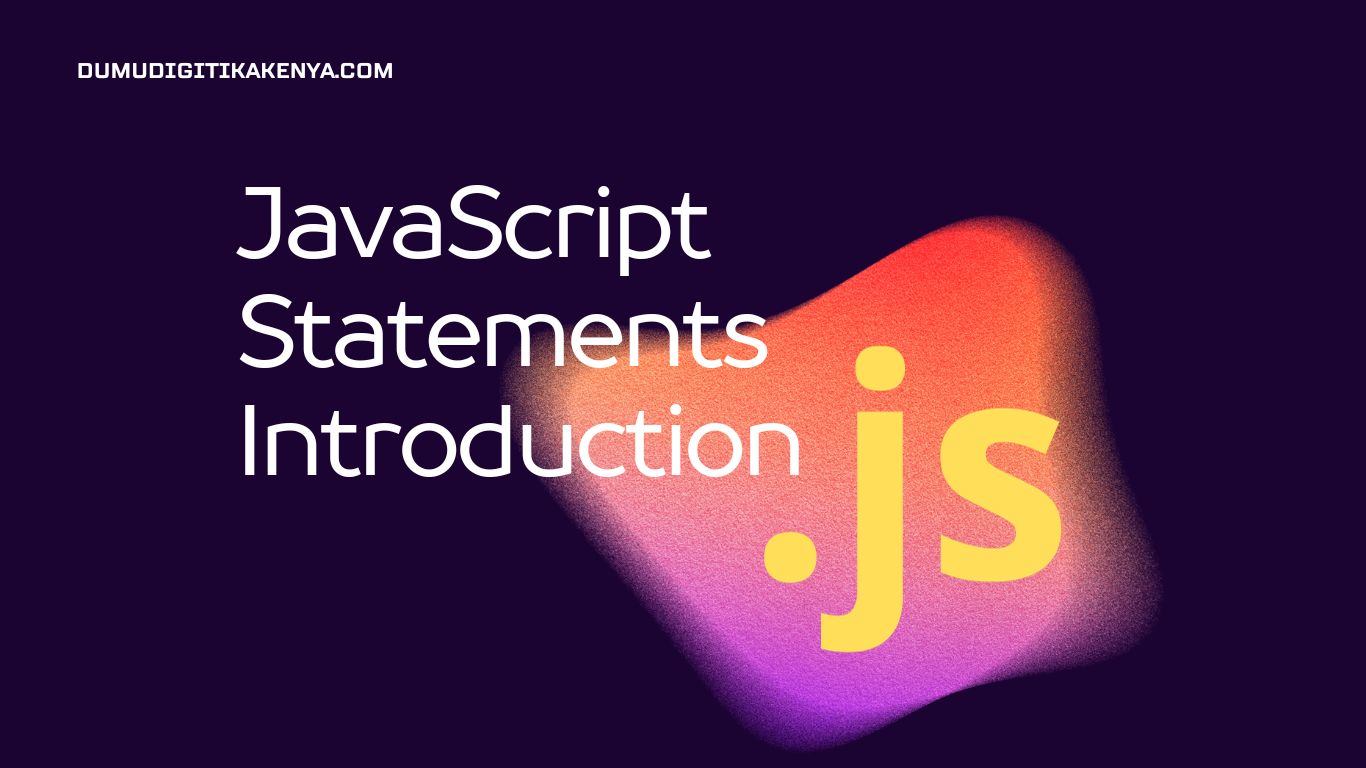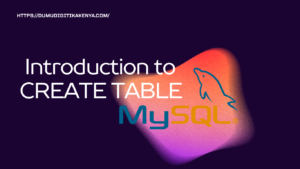JavaScript Statements Introduction
JavaScript statements are the fundamental building blocks of any JavaScript program, acting as individual commands that instruct web browsers to perform specific actions. As you delve into this comprehensive guide, you’ll discover the syntax of JavaScript statements, learn the distinctions between statements and expressions, and explore the different types of common JavaScript statements, such as declaration, assignment, conditional, looping, and function statements. By the end of this article, you’ll have a firm grasp of these essential concepts and be well on your way to becoming a proficient JavaScript developer. So, let’s embark on this journey to master JavaScript statements and unlock your potential in web development.

Table of Contents
1. What Are JavaScript Statements?
JavaScript is a versatile scripting language used to add interactivity to web pages. JavaScript statements are individual commands that instruct the browser to perform specific actions. They are the building blocks of JavaScript programs and are executed one after another, typically from top to bottom, unless control flow statements (like conditionals or loops) alter the execution order.
2. Syntax of JavaScript Statements
A JavaScript statement ends with a semicolon ;. This is not always required, but it’s considered a best practice to add it for clarity and to avoid potential issues. Here’s a simple JavaScript statement:
var greeting = "Hello, World!";3. JavaScript Statements vs. JavaScript Expressions
In JavaScript, statements perform actions, while expressions produce values. Expressions can be part of statements. For example, when you assign a value to a variable, it involves both a statement and an expression.
4. Common JavaScript Statements
JavaScript statements fall into several categories:
4.1. Declaration Statements:
- Used for declaring variables and functions.
4.2. Assignment Statements:
- Used for assigning values to variables.
4.3. Conditional Statements:
- Used for making decisions in your code.
4.4. Looping Statements:
- Used for repeating code blocks.
4.5. Function Statements:
- Used to define functions.
5. Sample Codes and Explanations
Now, let’s explore some sample JavaScript code snippets to illustrate each type of statement.
5.1. Declaration Statements:
var message; // Declare a variable
function greet(name) { // Declare a function
return "Hello, " + name + "!";
}- Explanation:
- We declare a variable
message. - We declare a function
greetthat takes a parameternameand returns a greeting message.
5.2. Assignment Statements:
message = "Welcome to JavaScript!"; // Assign a value to the 'message' variable- Explanation:
- We assign the string
"Welcome to JavaScript!"to themessagevariable.
5.3. Conditional Statements:
var isSunny = true;
if (isSunny) {
console.log("It's a sunny day!");
} else {
console.log("It's cloudy.");
}- Explanation:
- We declare a variable
isSunnyand assign ittrue. - We use an
if-elsestatement to check if it’s sunny and log the appropriate message.
5.4. Looping Statements:
for (var i = 0; i < 5; i++) {
console.log("Count: " + i);
}- Explanation:
- We use a
forloop to print the value ofifrom 0 to 4.
5.5. Function Statements:
function add(a, b) {
return a + b;
}- Explanation:
- We define a function
addthat takes two parametersaandband returns their sum.
Conclusion
In the ever-evolving landscape of web development, JavaScript is a powerful tool that opens doors to limitless possibilities. As we conclude this comprehensive guide on “JavaScript Statements,” you have embarked on a journey that equips you with the foundational knowledge necessary to excel in this dynamic field. Understanding JavaScript statements is akin to mastering the language’s grammar, allowing you to construct intricate and responsive web applications. With the SEO focus keyword “JavaScript Statements” deeply ingrained in your understanding, you are now better prepared to navigate the complex world of programming.
The importance of JavaScript statements cannot be overstated. They are the bedrock upon which your coding prowess is built. Whether you are crafting declaration statements to define variables and functions, using conditional statements to make critical decisions in your code, or employing looping and function statements to create dynamic and interactive applications, your newfound proficiency in JavaScript statements will be your guiding light.
As you continue your web development journey, keep exploring, experimenting, and honing your skills. From building engaging user interfaces to optimizing the performance of your websites, JavaScript statements will play an integral role in your success. Embrace the knowledge you’ve gained, continue to learn, and stay updated with the latest developments in JavaScript. With “JavaScript Statements” in your arsenal, your programming capabilities are limitless, and you’re well on your way to becoming a standout web developer.




